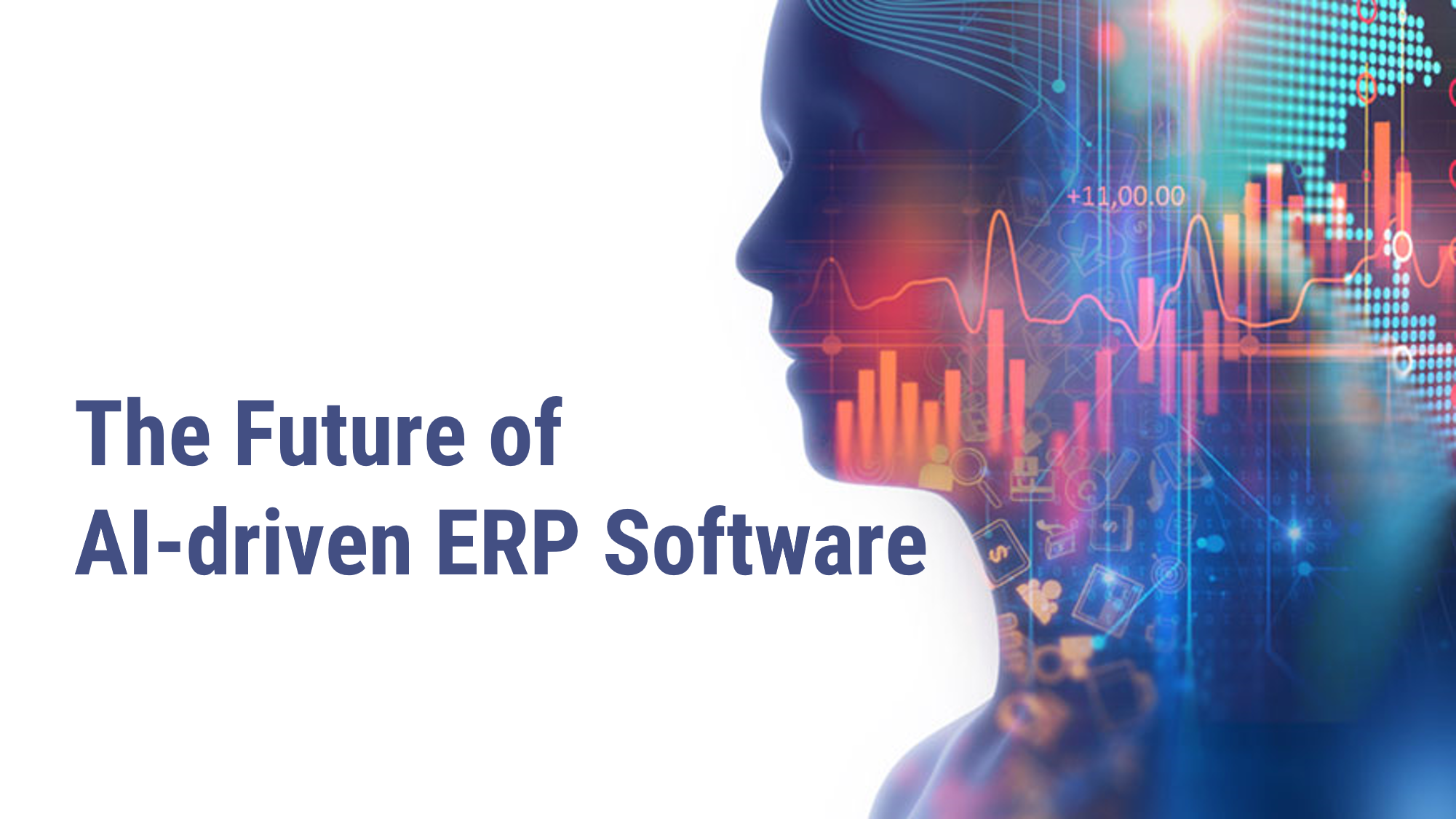To understand AI in the ERP context, think about it from the perspective of AI’s actual applications like machine learning and natural language processing. AI helps augment the functionality of an ERP, expanding what the ERP system can do from the perspective of automating business processes and optimizing them. AI-powered ERP systems can recognize patterns and automate routine tasks, and do it all at the drop of a hat, giving businesses unprecedented levels of efficiency, capability, and data insights. AI and ERP systems can form an ideal pairing as long as they work together to the advantage of your company.
With AI coming into play, ERP technologies are now entering the stage of evolution where data flows freely throughout a company, supporting multi-platform, automated workflows. Like AmerisourceBergen, many companies are still preparing to adopt intelligent ERP systems, leveraging machine learning and advanced analytics, innovative interfaces, and workflow automation. This expectation for AI-enhanced ERP features to drive business transformation is growing among early adopters. ERP vendors are weaving machine learning capabilities into their offerings to address upcoming demands.
As artificial intelligence grows in capability, cloud ERP software capabilities will grow along with it. While augmenting ERP with AI is still a relatively new concept, it is worth exploring the potential for this combined approach.
When AI and ERPs combine forces, they produce a system that enhances decision-making, automates large tasks, and optimizes company operations based on deep data analytics and insights. While ERP systems are strategic in entering, storing, and tracking data related to different business transactions, CIOs, COOs, and Business Analytics teams have struggled to extract, transform, and upload data from ERP systems for use in AI/ML applications over decades. In addition, many organizations find that merging ERP data with external data can be time-consuming, costly, and will not typically yield any real-time analytics.
The power of cloud ERP is not simply the fact that it brings together a variety of operations data in a single system – although seeing real-time feedback is a crucial part of being Agile. Back then, the systems businesses used to keep track of their data activities were clunky, on-premises technologies that bore little resemblance to the modular ERP software we are considering today. Now, as Codbel looks at where things are going and what benefits are coming from artificial intelligence moving forward in ERP solutions, we can look at some effective business processes already being automated and being helped with AI.





